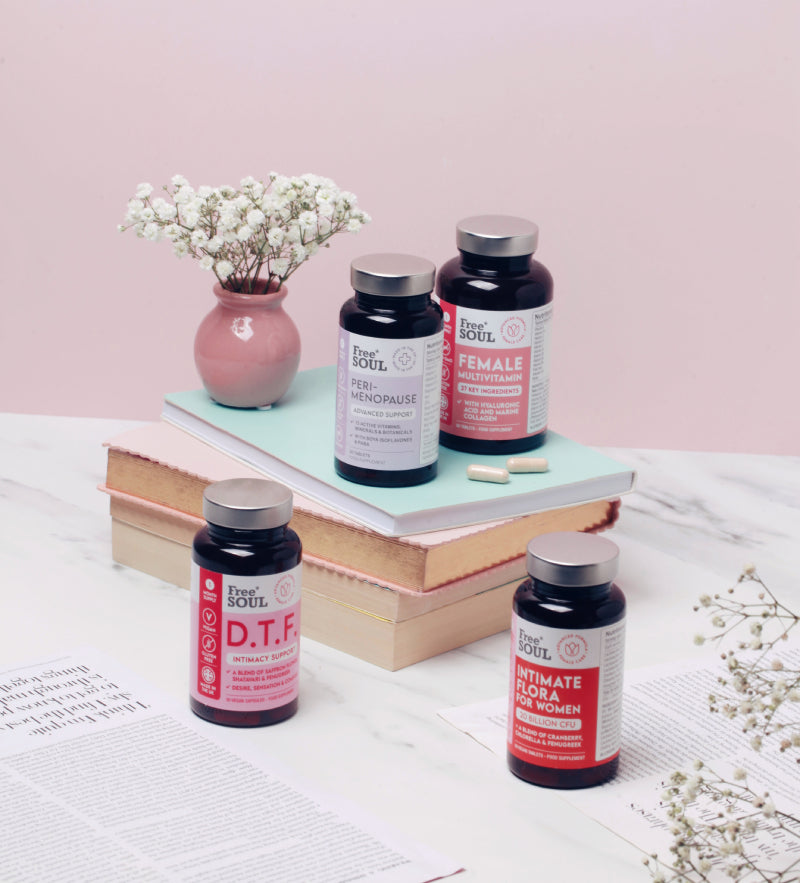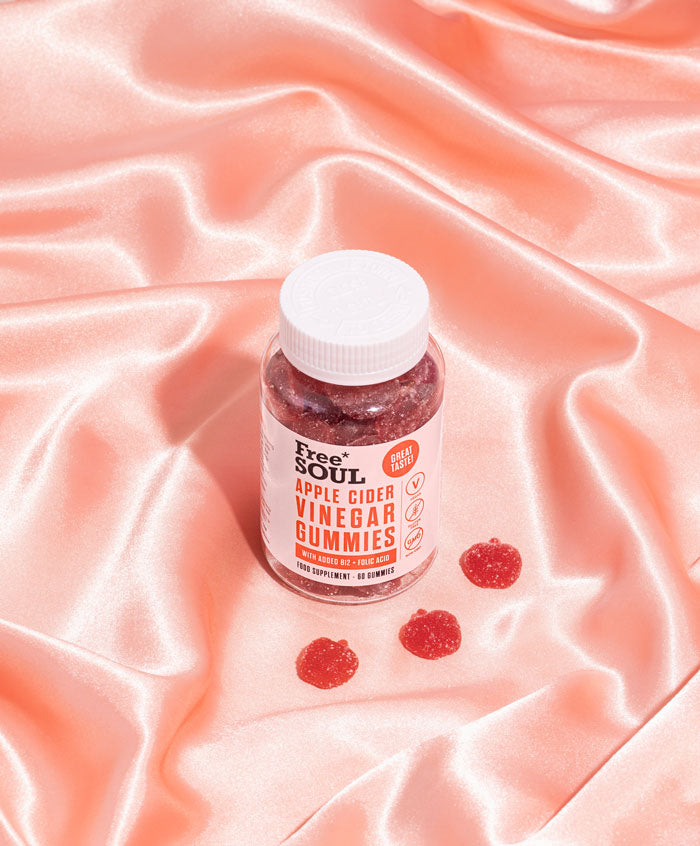What does testosterone do to the brain? 4 things you need to know

Testosterone is one of the best-known and most infamous hormones in the human body. The chemical is blamed for a wide range of different behaviours from aggressive football fans to mating rituals in a bar. But how does testosterone really influence you?
Read on to find out the facts behind the fame and what testosterone does to your brain.
Testosterone and social interactionsMuch of what you think you know about testosterone has been oversimplified.
In fact, the role of testosterone in the body is much more complex than it first appears. For starters, both men and women have testosterone and evidence shows that your testosterone levels change depending on your environment.
Research has revealed that testosterone plays a complex role in social behaviour and social interactions. Testosterone modifies the brain to promote and reduce certain behavioural traits according to your social context. This means that testosterone influences human behaviour in different ways depending on where you are and what you’re doing.
Testosterone and aggressionTestosterone has a big reputation for being the hormone that causes aggression and antisocial behaviour. However, evidence for testosterone’s role in aggression in humans is very weak.
While there’s lots of evidence about testosterone and aggression in the animal world, results from human research on testosterone are inconclusive. There is no clear evidence that higher levels of testosterone in the body actually cause more aggression. Of the evidence that does exist, it’s not clear if higher testosterone is the cause of the aggression or the result of it.
Testosterone and sportsWhat we do know is that testosterone levels rise and fall in response to competitive situations, like sports.
Research shows that testosterone levels typically rise within minutes in response to competitive situations. This is true for both physical and nonphysical contests. For instance, testosterone levels rise just as high before a chess tournament as before a tennis tournament.
There’s also evidence that testosterone levels change depending on the outcomes of the competition too. Winners have been found to have higher levels of testosterone than the losers. Even watching a video of yourself winning can raise your testosterone levels by as much as 40%.
Testosterone and sexual behaviourThere’s further evidence that testosterone has a role to play in sexual behaviour in humans. Testosterone therapy may help improve sexual function in men and women.
But the common belief that testosterone is linked to sexual desire is not clearly demonstrated by scientific evidence. Sexual function is a complex interplay of different hormonal and physiological factors. Results from studies looking at the role of testosterone in increasing sexual desire are mixed.
For instance, researchers found that men showed a larger increase in testosterone levels when they were exposed to the scent of an ovulating woman compared to a non-ovulating woman or a control scent.
On the other hand, testosterone was found to both raise and reduce sexual desire in studies where shots of testosterone were administered to participants. This makes it hard to make any concrete conclusions about the influence of testosterone in sexual desire, both for desire between partners and solo sexual desire.
How testosterone influences the brainWhen you look at the scientific evidence, it’s surprising - many of the ‘facts’ about testosterone are still being investigated. Scientists are still working to understand how testosterone influences the brain and the role it plays in human social interactions. But the evidence shows it might not be as straightforward as we think.
**At Free Soul, your wellbeing is our priority, and although we pride ourselves on our expertise in women's health and wellbeing, it is important to acknowledge the individuality of each person. Features published by Free Soul are not intended to treat, diagnose, cure or prevent any disease, or replace the advice of your GP. We always recommend consulting with a healthcare provider if you encounter any health concerns, and we’ll always be here to support you so you’re never alone on your journey.












